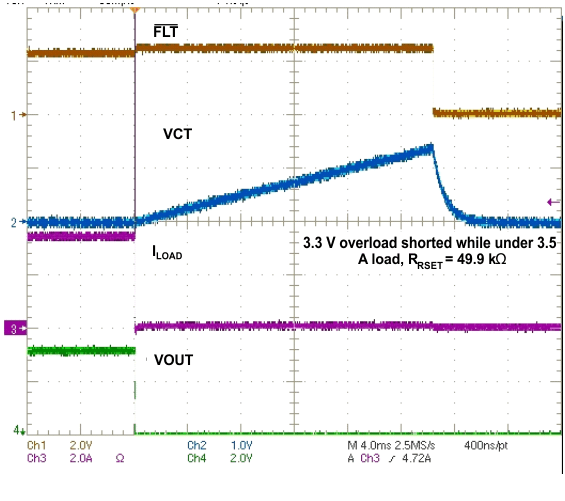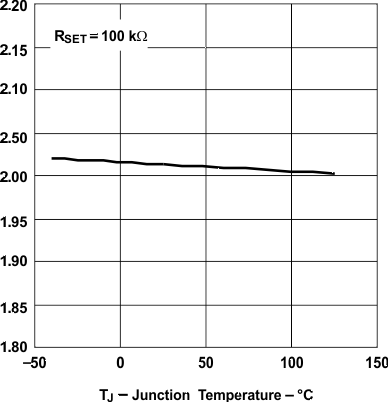SLUS907K January 2009 – June 2019 TPS2421-1 , TPS2421-2
PRODUCTION DATA.
- 1 Features
- 2 Applications
- 3 Description
- 4 Revision History
- 5 Device Comparison Table
- 6 Pin Configuration and Functions
- 7 Specifications
- 8 Detailed Description
- 9 Application and Implementation
- 10Power Supply Recommendations
- 11Layout
- 12Device and Documentation Support
- 13Mechanical, Packaging, and Orderable Information
7.6 Typical Characteristics
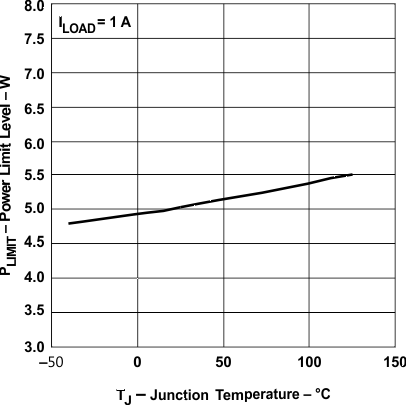 Figure 3. Power Limit vs Junction Temperature
Figure 3. Power Limit vs Junction Temperature 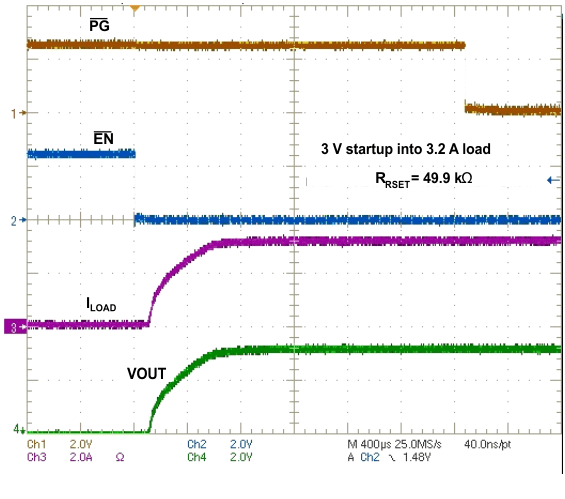 Figure 5. 3-V Startup into 1-Ω Load
Figure 5. 3-V Startup into 1-Ω Load 
from 3.8 A to 7.1 A

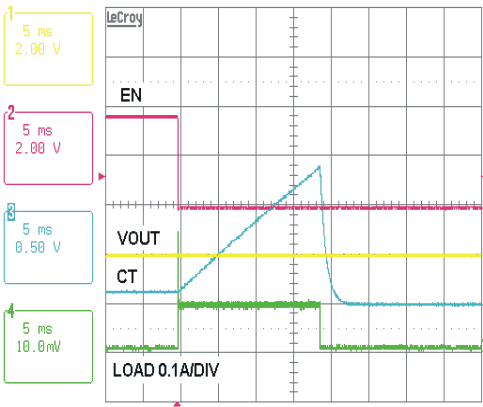
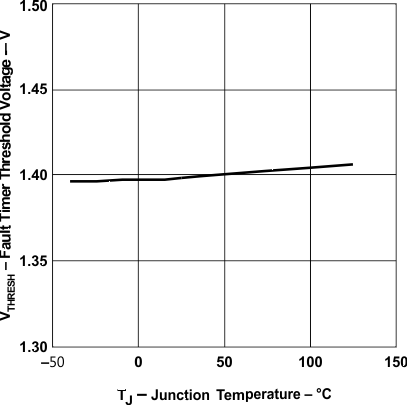 Figure 2. Fault Timer Threshold Voltage vs Junction Temperature
Figure 2. Fault Timer Threshold Voltage vs Junction Temperature 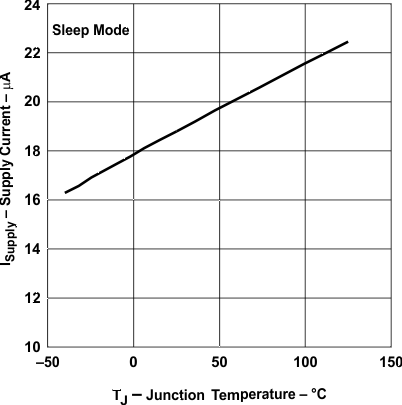 Figure 4. Supply Current vs Junction Temperature
Figure 4. Supply Current vs Junction Temperature 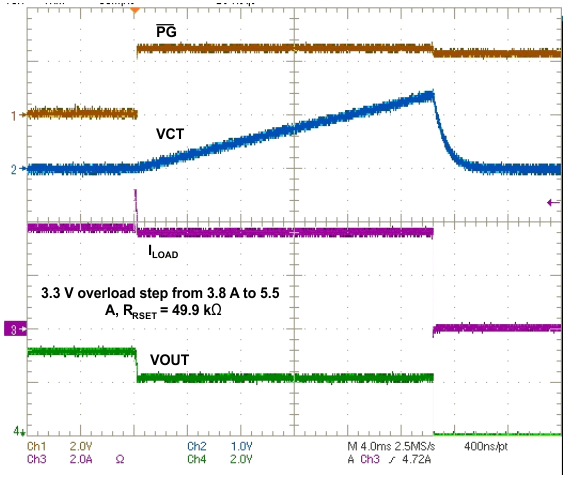 Figure 6. 3-V Firm Overload, Load Stepped
Figure 6. 3-V Firm Overload, Load Stepped
from 3.8 A to 5.5 A
